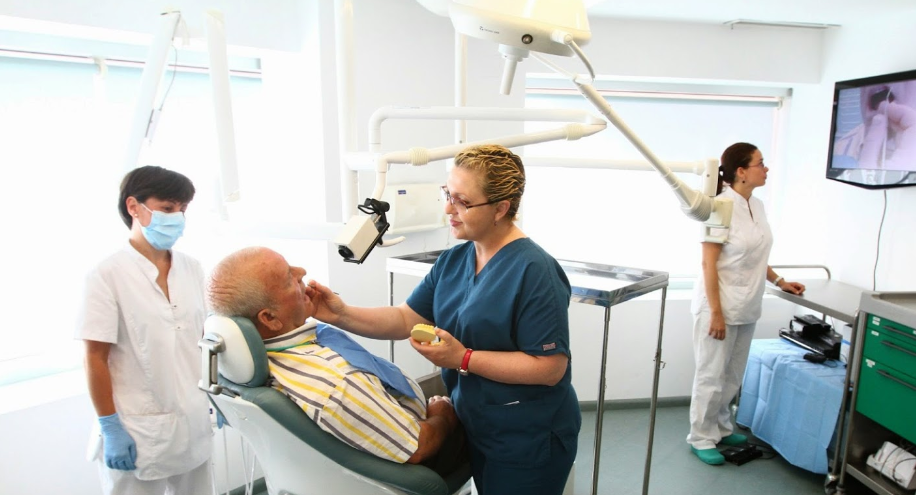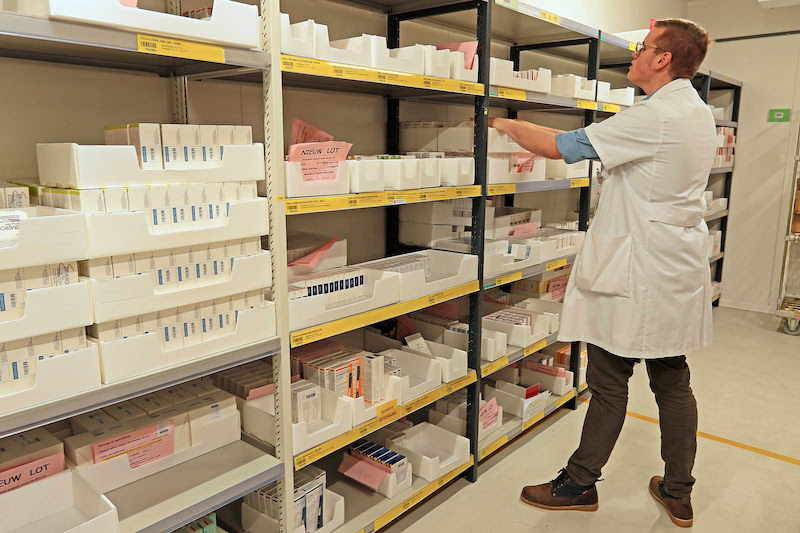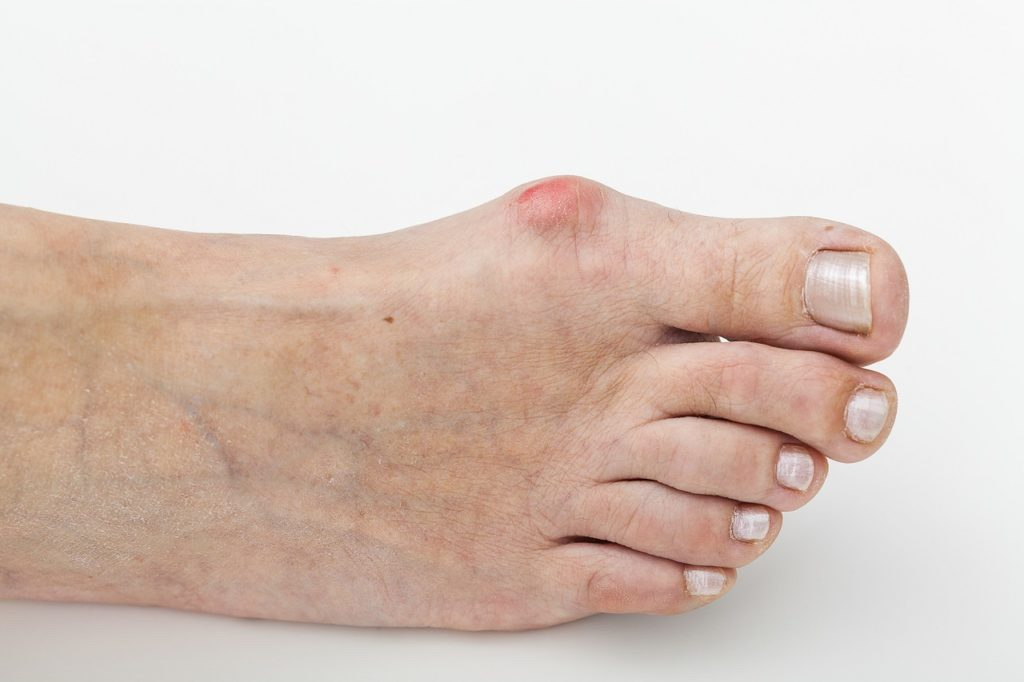
Halitosis: causes of bad breath
Halitosis or bad breath is a problem that may affect 50% of people. This is an obstacle for many people in their daily relations. It is estimated that up to one third of the adult population suffer from halitosis.
The good news is that it can be treated. What is important in these cases is to make a proper diagnosis and an effective treatment.
There are two types of halitosis:
– Physiological halitosis: it is self-limited and it is associated with transient processes and various conditions such as the reduction of saliva during sleep, snuff and drugs.
– Pathological halitosis: it can originate in the oral cavity or in the extra oral one.
Causes of bad breath in the pathological intraoral halitosis:
One of the causes of bad breath is the periodontal disease and the accumulation of plaque on the back of the tongue. There are also other problems, though less common, which can accentuate halitosis. Dry mouth is one of them. These cases are common in menopausal women, elderly people and irradiated patients.
Most often, as we have mentioned, it is caused by the presence of harmful bacteria in the oral cavity and mainly related to the presence of a gum disease called periodontitis, better known as pyorrhoea, which is generated by bacteria that cause damage in the tissues (gums and bone) that support the teeth and which can go unnoticed in its beginning.
Causes of bad breath in the extra oral halitosis:
The extra oral halitosis is of chronic evolution and among its most frequent causes abnormalities or diseases of the respiratory or digestive system are included.
Treatment against halitosis
In order to treat halitosis, we must rely on two premises: solving its causes and maintaining a good oral health. It is essential a good oral hygiene, a proper brushing technique and the use of dental floss between teeth. It is also advisable to clean the tongue with specific cleaning tools and the use of appropriate mouthwashes and toothpastes for each patient.
The best thing to do in these cases is to consult a specialist in gum and oral health.




